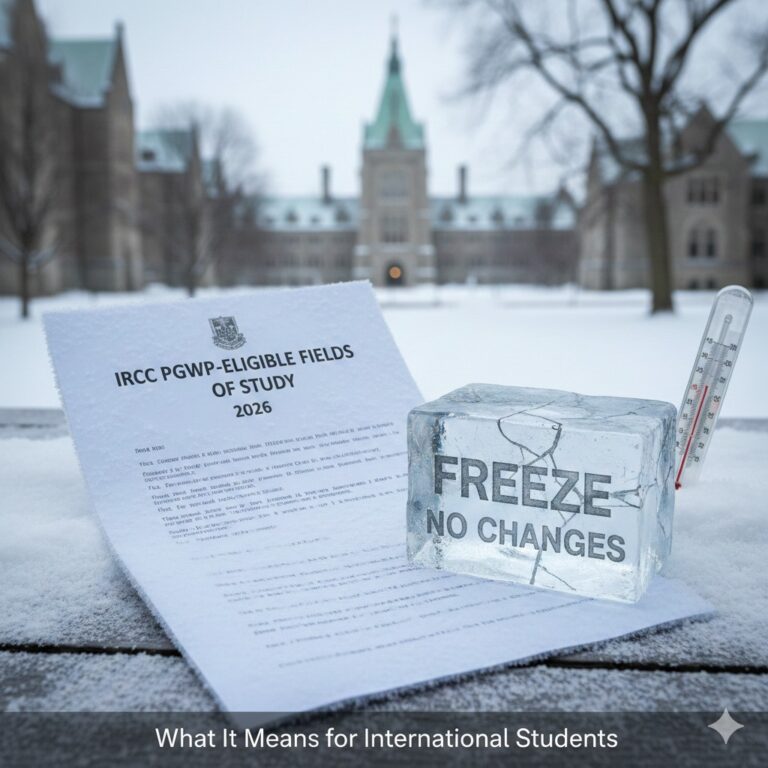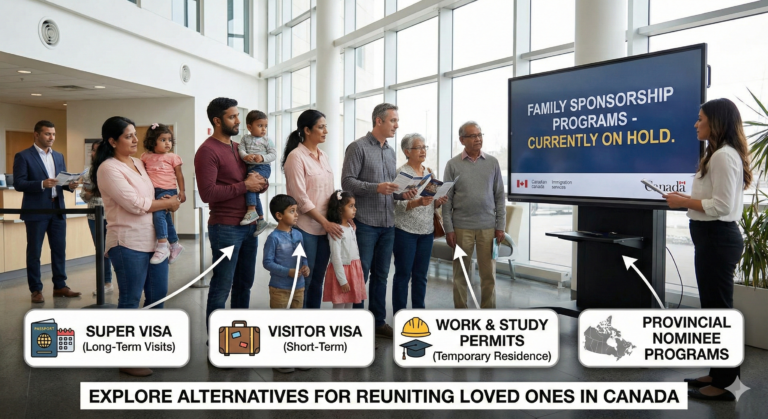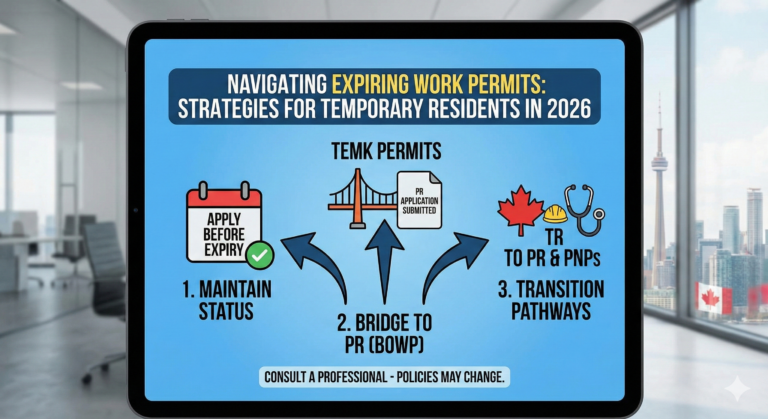Canada has long been one of the most attractive destinations for international students, thanks to its high-quality education system, multicultural environment, and strong pathway to permanent residency. Over the past decade, however, the education sector has undergone significant transformation. While public universities and colleges continue to play a central role, private companies have emerged as powerful players reshaping the experience and opportunities available to international learners.
From recruitment agencies and private career colleges to tech-driven housing platforms and student service providers, private companies are not only complementing Canada’s traditional education system but also redefining how international students study, live, and work in the country.
In this article, we explore how these companies are influencing Canadian schools, the benefits and challenges they bring, and what international students need to know before making decisions about their education in Canada.
1. The Rise of Private Colleges and Partnerships
One of the most noticeable changes is the rapid growth of private career colleges and partnerships between private companies and public institutions.
-
Private Career Colleges (PCCs): These institutions often focus on vocational training programs in fields such as business, IT, hospitality, and healthcare. For international students, PCCs offer shorter and more targeted programs that can lead directly to employment opportunities.
-
Public-Private Partnerships (PPPs): In some provinces, private colleges deliver programs that are officially associated with public institutions. This arrangement expands capacity and allows more international students to access Canadian education while benefiting from the reputation of public schools.
However, it is crucial for international students to understand whether a program at a private institution makes them eligible for a Post-Graduation Work Permit (PGWP), as not all private programs qualify.
2. Recruitment Agencies and Student Pathway Services
Private recruitment agencies have become major influencers in the way international students apply to Canadian schools. These companies work as middlemen between students and institutions, offering services like:
-
Application guidance and visa support
-
Assistance with admission to pathway programs (e.g., English language training before starting a diploma or degree)
-
Career counseling tailored to Canada’s job market
While many agencies provide genuine help, international students should exercise caution, as some charge excessive fees or promise guaranteed admissions that may not align with immigration requirements. It is always advisable to verify if the agency is an authorized immigration representative or works in partnership with recognized schools.
3. Technology Startups Transforming Student Life
Private tech companies are making the lives of international students easier by filling critical gaps in services:
-
Housing Platforms: Companies now offer verified rental platforms that connect students with safe and affordable housing near campuses.
-
Virtual Learning Tools: With the rise of online education, private ed-tech firms provide platforms for remote learning, tutoring, and language training.
-
Settlement Apps: From banking and SIM cards to mental health support, start-ups are creating apps designed specifically for international students adjusting to life in Canada.
These innovations allow students to integrate faster and access services that were previously fragmented or difficult to navigate.
4. Private Companies Creating Work Opportunities
Canada’s immigration pathways are closely tied to work experience. Recognizing this, private companies have stepped in to bridge the gap between schooling and employment:
-
Internship and Co-op Placement Agencies: Many private firms specialize in connecting international students with employers for co-op terms or internships, helping them gain valuable Canadian experience.
-
Job Readiness Training: Workshops, networking events, and mentorship programs run by private organizations prepare students for Canada’s workplace culture.
-
Start-Up Support: Entrepreneurial students benefit from incubators and accelerators that provide funding, mentorship, and legal support to build their businesses in Canada.
These services complement the efforts of schools’ career centers, which are often stretched thin given the increasing number of international students.
5. The Benefits for International Students
Private companies offer several advantages that make studying in Canada more appealing:
-
Flexibility: Shorter programs at private colleges mean students can enter the workforce more quickly.
-
Accessibility: Recruitment agencies help students from diverse countries apply with fewer barriers.
-
Convenience: Tech platforms simplify housing, banking, and social connections, reducing the stress of relocating.
-
Career Support: Private firms often have strong industry links, helping international students secure jobs faster.
These benefits collectively improve the overall student experience and make Canada a more competitive study destination.
6. The Challenges and Risks
Despite the opportunities, international students should also be aware of the risks associated with the growing role of private companies in education:
-
PGWP Eligibility: Not all private institutions or programs qualify for the Post-Graduation Work Permit, which is crucial for students who wish to stay and work in Canada after their studies.
-
Quality Concerns: Some private colleges have been criticized for prioritizing revenue over educational quality, leading to inconsistent student outcomes.
-
High Fees: Recruitment agencies and service providers may charge significant fees, adding financial pressure to students who already pay higher tuition than domestic learners.
-
Immigration Misrepresentation: Students must ensure that any immigration advice they receive comes from a licensed consultant or lawyer, as unregulated advice can jeopardize their future in Canada.
7. Future Outlook: A Balanced Approach
Canada’s education sector will likely continue to see private companies play an expanding role. As demand from international students grows, schools are partnering with private organizations to offer more services and diversify program options. At the same time, the federal and provincial governments are tightening oversight to ensure quality standards are upheld.
For students, the key is informed decision-making. Before enrolling in a program or using a private service, international students should:
-
Verify the school and program’s PGWP eligibility on the official IRCC website.
-
Research the college’s track record and reputation.
-
Seek guidance from licensed immigration consultants or lawyers, rather than relying solely on recruiters.
-
Consider the long-term immigration pathway when choosing a program, not just the short-term convenience.
Conclusion
Private companies are undeniably reshaping Canada’s schools and the wider ecosystem for international students. From expanding access to programs and offering career pathways to providing essential settlement services, their influence has both positive and challenging aspects.
For students, this new reality presents an exciting range of opportunities—but it also requires caution, research, and professional guidance to make the right choices.
At Eiffel Immigration, we specialize in helping international students navigate Canada’s education and immigration systems. Whether you are choosing the right school, applying for a study permit, or planning your post-graduation pathway, our team is here to provide trusted, regulated, and personalized advice.
👉 Contact Eiffel Immigration today to ensure your journey as an international student in Canada is smooth, secure, and successful.












